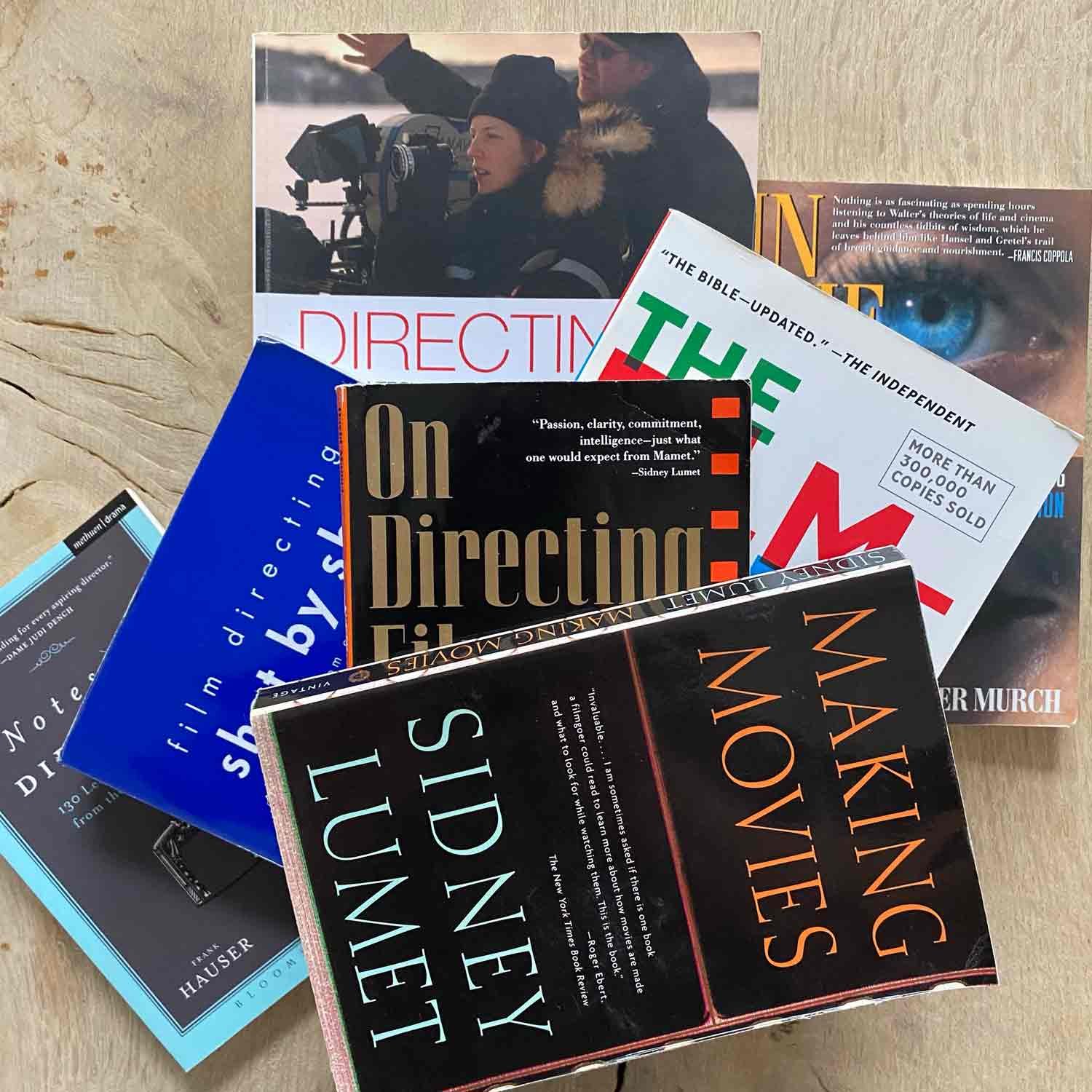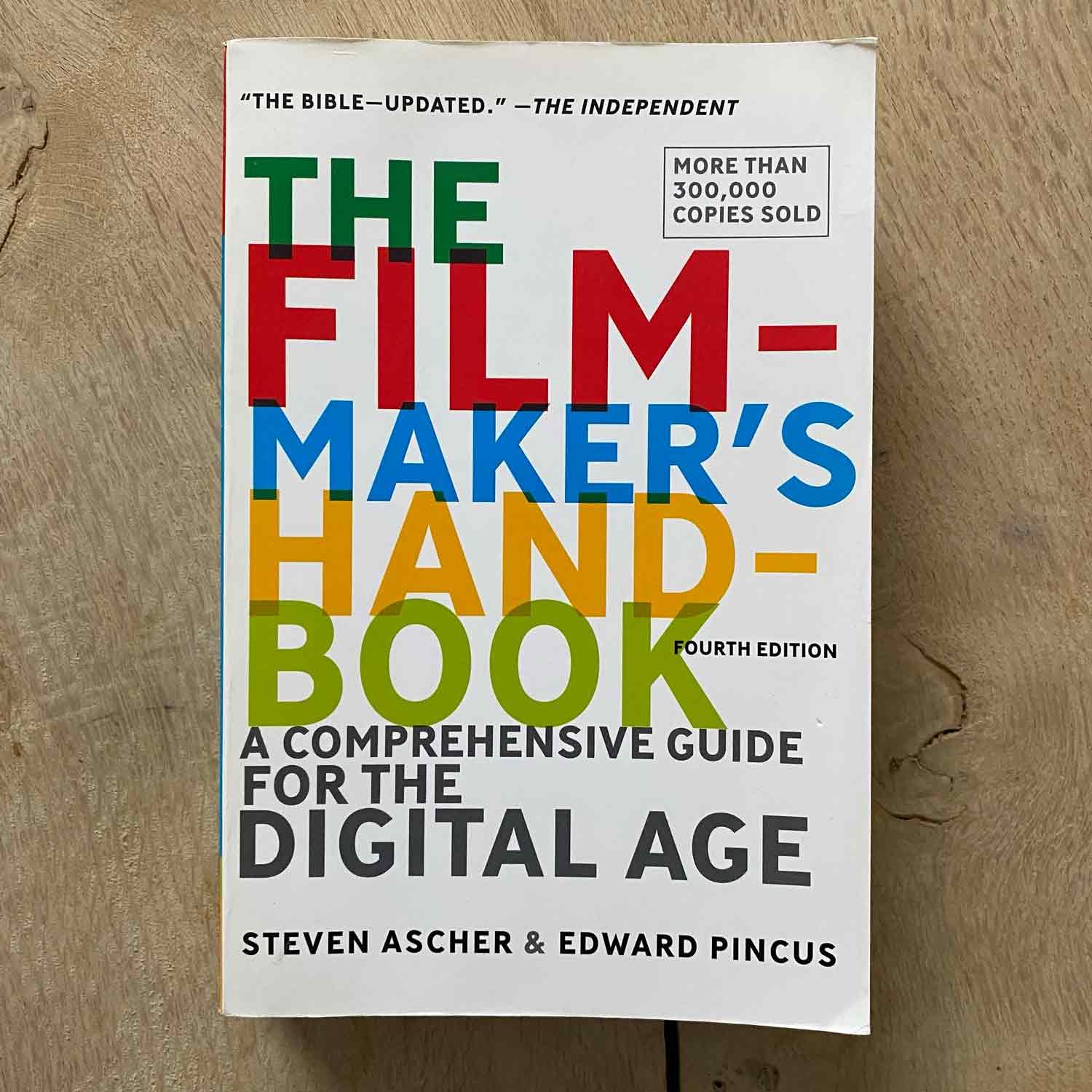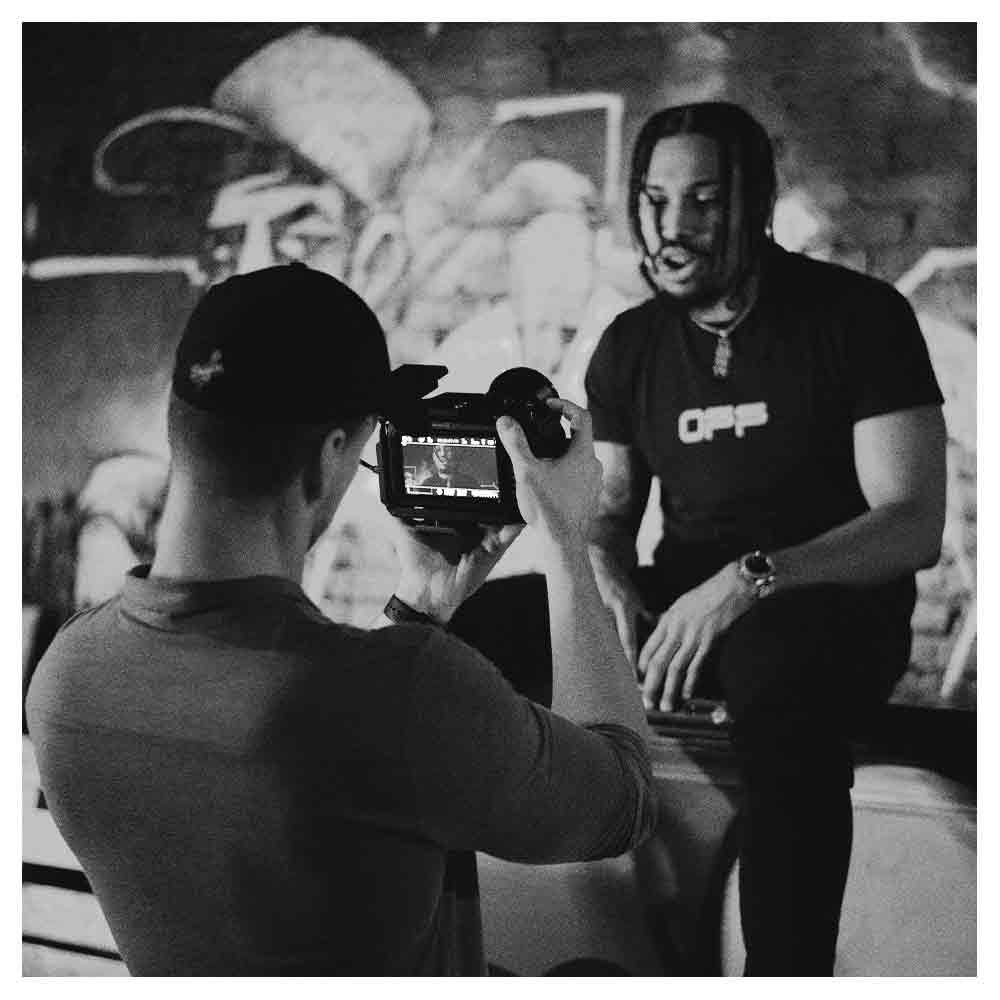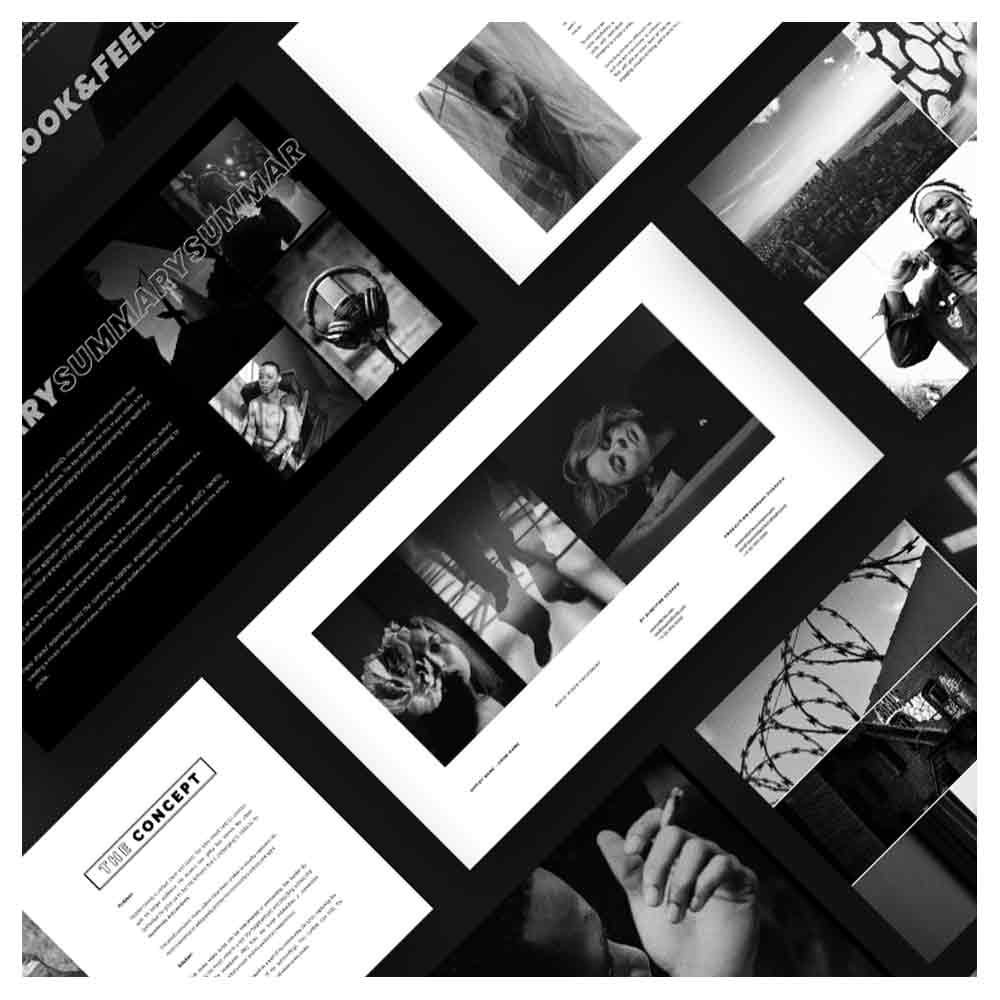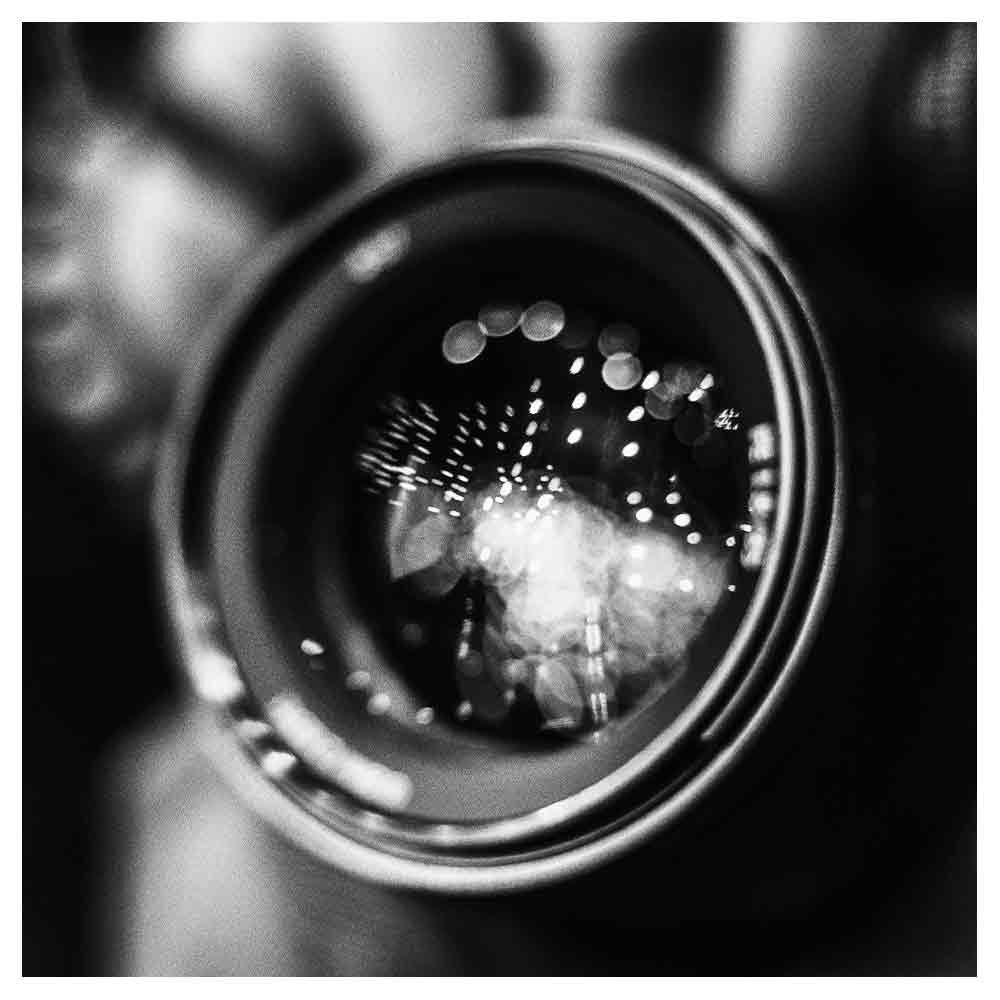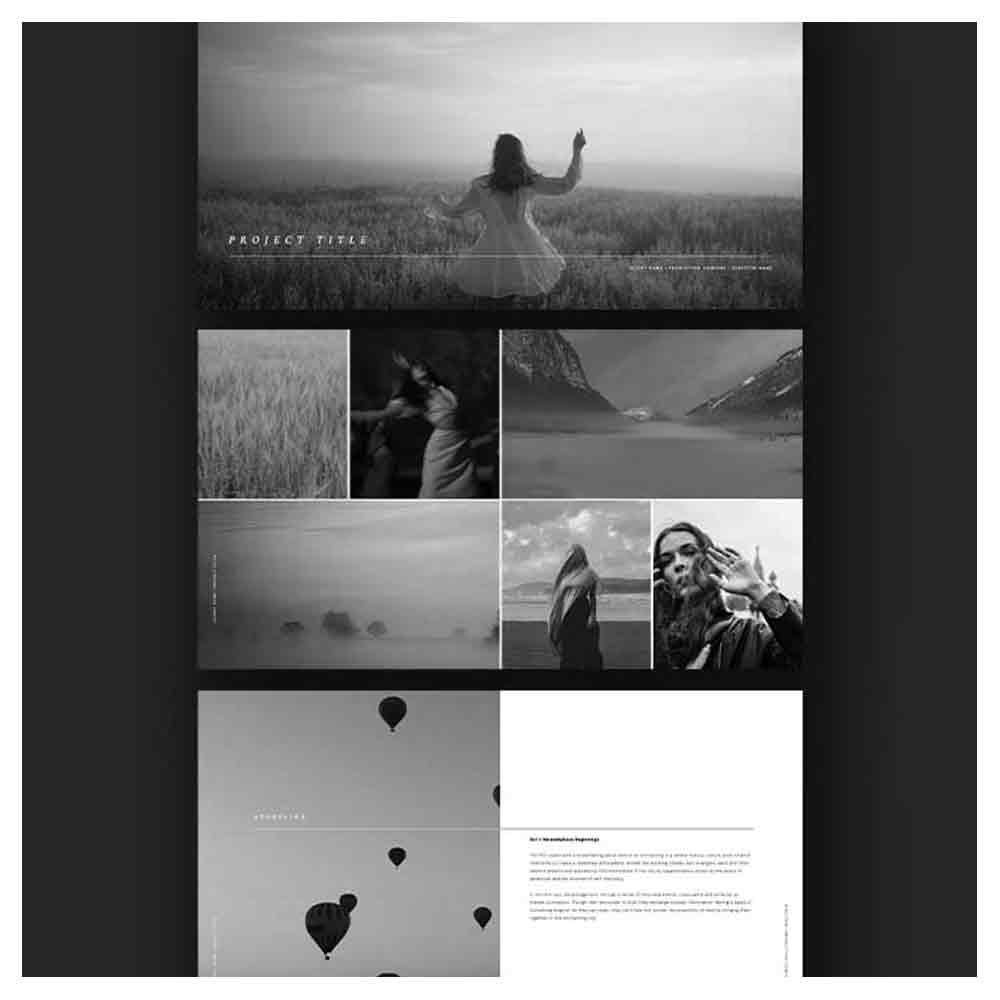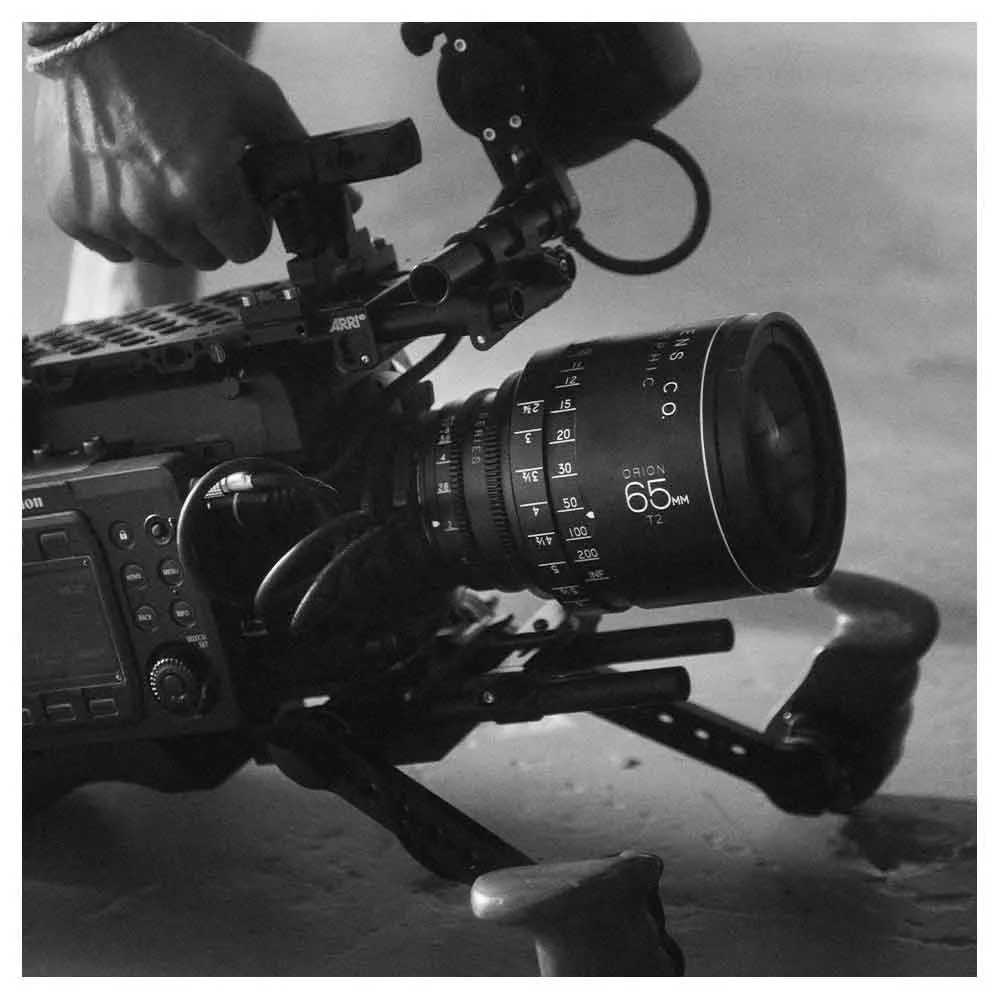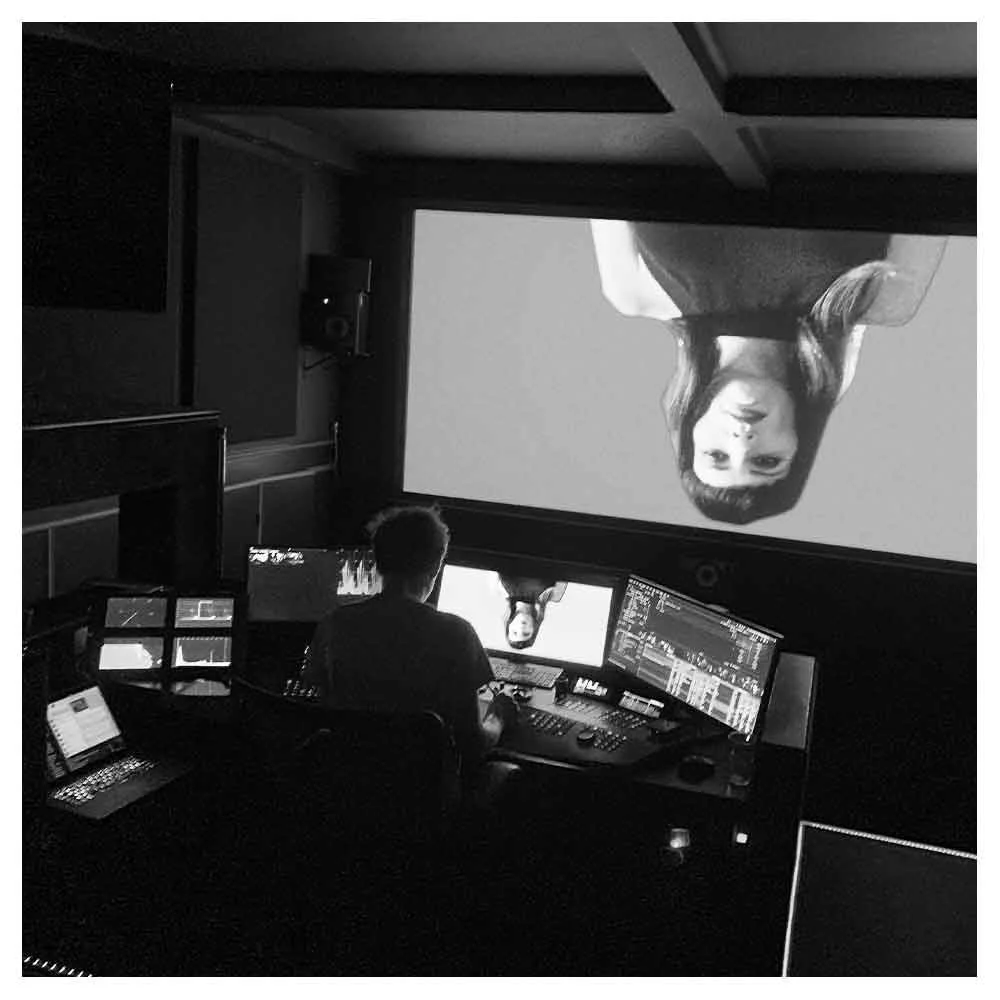15 Best Directing Books For Aspiring Filmmakers
As a filmmaker, it is important to constantly seek out opportunities to learn and grow in your craft. One way to do this is by reading books on directing films, which can offer valuable insights, tips, and inspiration.
But with so many filmmaking books on making movies and mastering the director's craft available, it can be overwhelming to know where to start. To help narrow down the options, I’ve made a list of the best directing books that every aspiring director should consider reading at least once in their film directing career.
What are the best books on directing?
"The Filmmaker's Handbook" by Steven Ascher and Edward Pincus.
This book covers all aspects of filmmaking and directing film. From pre-production to post-production, and includes detailed information on camera techniques, lighting, sound, editing, and distribution.
It also provides practical advice on film techniques, budgeting, scheduling, and directing actors. With its clear and concise explanations, "The Filmmaker's Handbook" is an essential resource for anyone interested in making their debut feature film.
"The Five C's of Cinematography" by Joseph V. Mascelli.
This classic text is a must-read for any aspiring director and cinematographer. It covers the five essential elements of cinematography – composition, continuity, cutting, close-ups, and camera angles.
Mascelli explains the theory and practice of each element and provides examples from classic and contemporary films. It is a clear and comprehensive guide to the art of visual storytelling and is considered a must-read for every aspiring director.
"On Directing Film" by David Mamet.
"On Directing Film" provides a unique perspective on the art and craft of film directing, drawing on Mamet's extensive experience as a writer, director, and teacher.
The book covers a wide range of topics, including the role of the director, the importance of collaboration, and the use of language in filmmaking. Mamet offers practical advice and tips on how to approach the process of filmmaking, from pre-production to post-production.
"In the Blink of an Eye" by Walter Murch.
"In the Blink of an Eye" is a book by film editor Walter Murch. It is widely considered one of the most important books about film editing. The book covers the art, craft, and philosophy of film editing and the theory of how an audience understands films.
Murch provides a detailed analysis of the technical and creative aspects of editing and how it affects the final output of a film.
"The Technique of Film and Video Editing" by Ken Dancyger.
This practical guide covers the technical and creative aspects of film and video editing and is a valuable resource for editors of all levels. It covers a wide range of topics, including shot transitions, pacing, and the role of the film editor in the storytelling process.
"The Anatomy of Story: 22 Steps to Becoming a Master Storyteller" by John Truby.
The Anatomy of Story by John Truby is an in-depth and comprehensive guide for aspiring and experienced storytellers. Truby’s 22 steps offer a clear and practical framework for constructing a compelling story, covering everything from character development to plot structure. The book also analyzes classic stories to illustrate Truby’s teachings and bring them to life. Whether you’re writing a novel, screenplay, or short story, The Anatomy of Story is a valuable resource that will help you hone your storytelling skills and create unique, engaging works of fiction.
"Making Movies" by Sidney Lumet.
In this book, legendary filmmaker Sidney Lumet shares his insights and experiences on the art of directing films. He covers a wide range of topics, including the director’s job in the creative process, directing actors, and the importance of visual storytelling.
"Film Directing: Shot by Shot" by Steve D. Kratz.
This next on this list of directing books covers the entire filmmaking process and provides a detailed look at the technical and creative aspects of directing.
It includes chapters on script analysis, casting, blocking, shot design, camera movement, and editing. The book also features numerous illustrations and examples from classic and contemporary films by successful directors, which help to illustrate the concepts discussed in the text.
"Directing: Film Techniques and Aesthetics" by Michael Rabiger.
This film-directing book offers a unique perspective on directing films, focusing on the director’s intention and how it impacts the creative process. It is a valuable resource for filmmakers looking to better understand the role of the director in the film industry.
"The Filmmaker's Eye: Learning (and Breaking) the Rules of Cinematic Composition" by Gustavo Mercado.
This directing film book offers a unique perspective on cinematography, focusing on the role of composition in visual storytelling.
Mercado provides many filmmaking tips on the basic principles of composition and how they can be applied to different shots, scenes, and genres. He also covers advanced directing techniques to tell a visual story using color, light, and movement to create a specific mood or atmosphere.
The directing book is illustrated with hundreds of film stills and diagrams, making it easy to understand the concepts presented. It is a great resource for aspiring and experienced filmmakers and anyone who wants to deepen their understanding of visual storytelling and work towards their debut film.
"Directing Actors: Creating Memorable Performances for Film & Television" by Judith Weston.
"Directing Actors" is widely considered a classic in film and television directing. Judith Weston provides in-depth practical advice and techniques for directors to help actors create powerful, authentic performances on film and television.
It covers various topics such as script analysis, character development, rehearsals, and working with actors in different stages of their careers. It is a valuable resource for experienced directors and those new to the field, as it offers a comprehensive approach to understanding and guiding actors in their craft.
"The Independent Filmmaker's Law and Business Guide: Financing, Shooting, and Distributing Independent and Digital Films" by Jon M. Garon.
This book provides independent filmmakers with the legal and business knowledge they need to finance, shoot and distribute their films.
The book covers the legal aspects of film production, including intellectual property, contracts, and financing, as well as the industry's business side, including distribution, marketing, and exhibition. It also covers the digital revolution in the film industry and how it has changed how films are produced and distributed.
"Directing the Camera: How Professional Directors Use a Moving Camera to Energize, Emotionalize, and Elegize Their Work" by David Kew.
This book explores the art of directing the camera and how it can be used to enhance the storytelling process. It is a valuable resource for filmmakers looking to improve their craft and create visually striking films.
"The Guerilla Film Makers Handbook" by Genevieve Jolliffe.
The Guerrilla Film Maker's Handbook by Genevieve Jolliffe is a must-read for any independent filmmaker looking to break into the industry. Jolliffe provides a wealth of practical information, from raising financing and securing locations to distribution and marketing strategies. The book is written in a clear, concise, and engaging style, making it accessible and easy to understand, even for those new to filmmaking. With its focus on low-budget filmmaking techniques and emphasis on creativity over budget, The Guerrilla Film Maker's Handbook is an inspiring and empowering guide for anyone looking to make their movies. Highly recommended for aspiring filmmakers looking for a roadmap to success.
"Notes on Directing: 130 Lessons in Leadership from the Director's Chair" by Frank Hauser.
Notes on Directing by Frank Hauser is a comprehensive and insightful guide for aspiring and experienced directors. Hauser's 130 lessons provide a wealth of wisdom and practical advice on all aspects of leadership and direction, from casting and rehearsals to working with actors and crew. Whether you're working in theater, film, or television, Notes on Directing offers valuable guidance and inspiration for anyone looking to take their directing skills to the next level.
Conclusion
By reading these directing books, you can gain a deeper understanding of the art of directing films and learn from some of the industry's most experienced and successful filmmakers.
Each book offers a unique perspective on the film industry and is a valuable resource for any filmmaker looking to improve their craft and succeed in the film industry.
